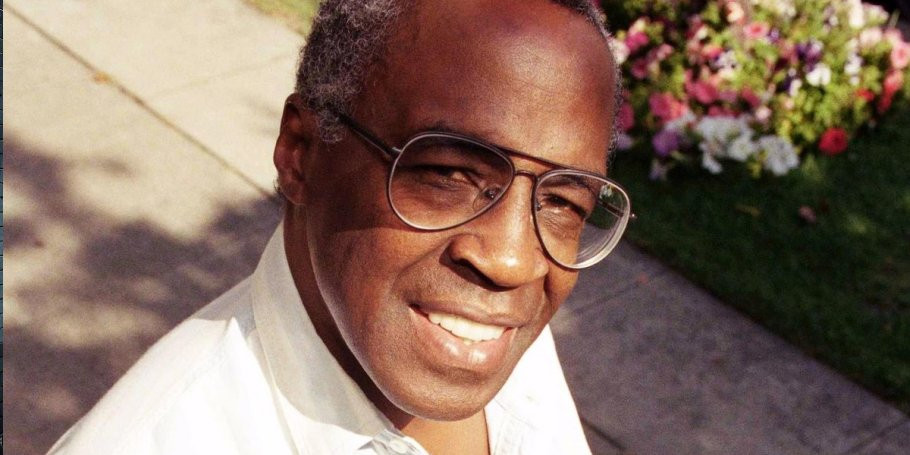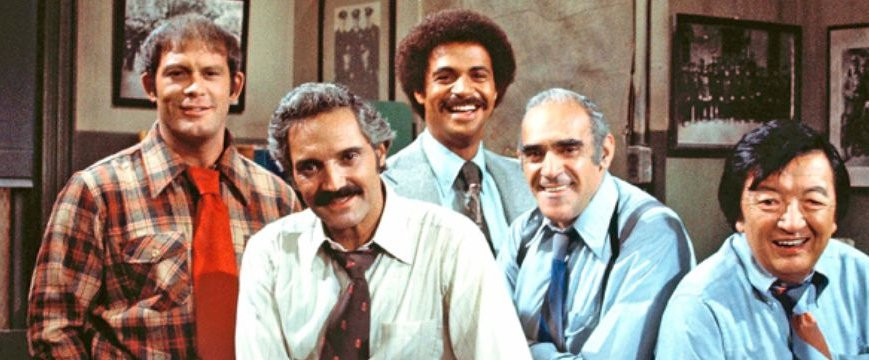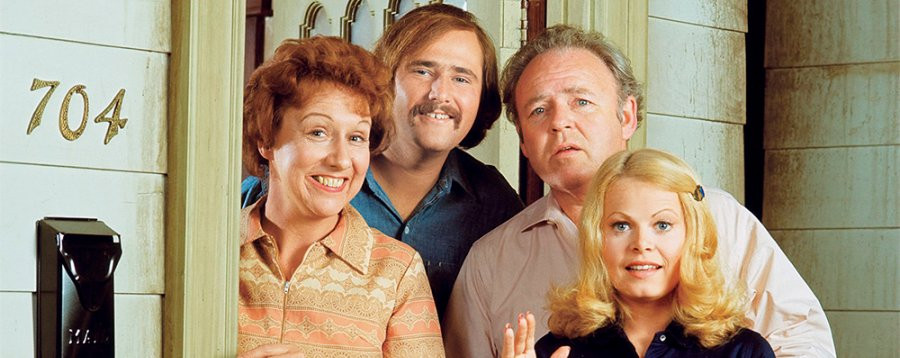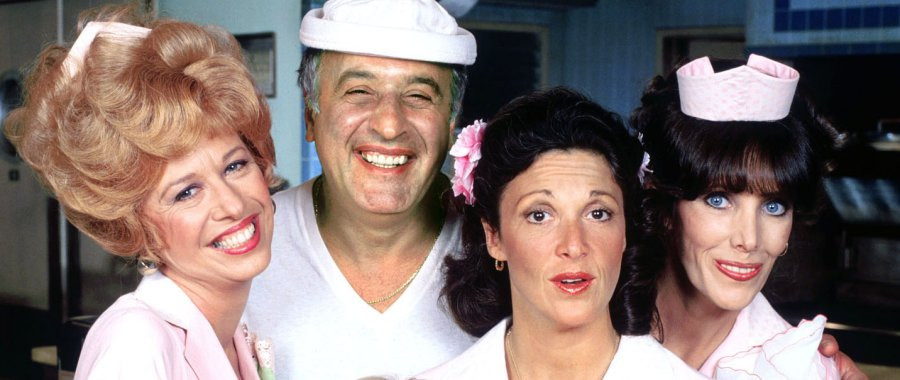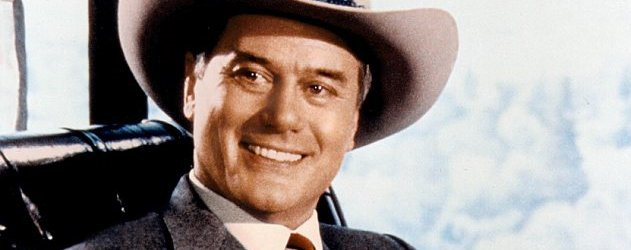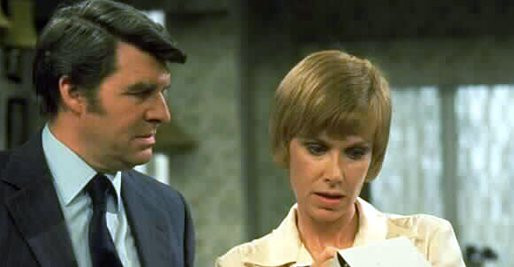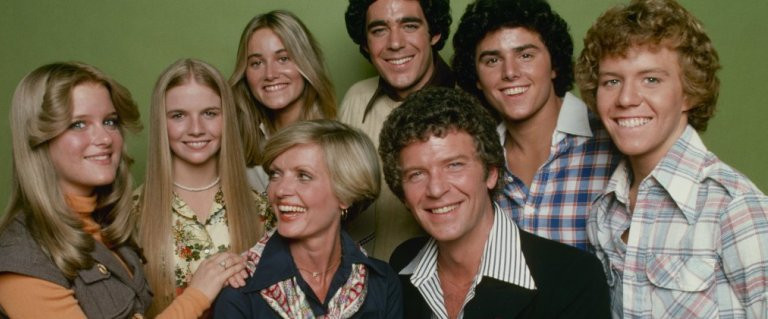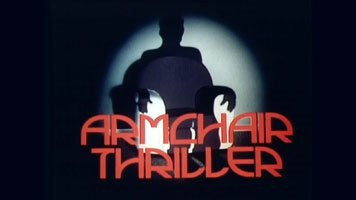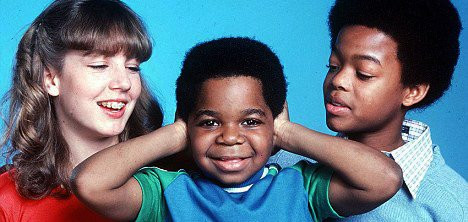
Diff'rent Strokes
1978 - United StatesDiff’rent Strokes was a sitcom created around the talents of its young star, Gary Coleman, and it was a perfect fit–and a much-needed success for a ratings-starved NBC in the late 1970's. But after the show went off the air, its three non-adult stars found life difficult–and each had his or her problems that led to lawsuits, arrest and (in the case of co-star Dana Plato) death. It’s known by some as the “Diff’rent Strokes Curse.” And while the description may be unfair, the post-series problems of Coleman, Plato and Todd Bridges remains the stuff of tabloid television and “True Hollywood Story” biographies in the States.
Gary Coleman was adopted when he was just a few days old; he was soon diagnosed with a kidney problem that required him to have at least two transplants. The problem also caused his growth to be stunted, leaving him at four feet, eight-inches tall. But Coleman also had a talent for quick wit and fast one-liners. Television producer Norman Lear noticed and cast the young Coleman as a guest star on 'The Jeffersons' and several other shows. Fred Silverman–who was president of ABC Entertainment in the late 1970's, wanted Lear to build a show around Coleman. By the time Lear began developing the script (initially entitled '45 Minutes From Harlem'), his option with ABC had expired.
By mid-1978, Silverman became president of NBC, which had sunk to third and last place in the ratings. He was able to lure Lear and Coleman to the network, where the show was modified to showcase the young star, with more jokes and less “relevance” about two poor African-American boys living with a rich white foster dad. (The boys were the offspring of a former employee of rich, white Phillip Drummond, played by Conrad Bain.) Silverman considered “Strokes” to be his best chance for a hit at NBC, which traditionally was not the home of many successful sitcoms. Silverman launched a massive campaign to introduce the show during NBC’s coverage of baseball’s World Series, complete with promotional spots featuring the young star. (In one spot, an off-camera voice announced, “Mr. Gary Coleman speaks out on marriage.” The youngster’s reply: “One thing at a time. I ain’t even had a dog yet!”)
'Diff’rent Strokes' hit the NBC airwaves on November 3rd, 1978. Despite the network’s promotional efforts, ABC tried to kill off the show by airing an episode of 'Happy Days' against it. The stunt initially worked, but in its second week, without a 'Happy Days' challenge, 'Diff’rent Strokes' won its time slot and became a top-25 series for NBC–the network’s first sitcom hit since the heyday of 'Sanford & Son' and 'Chico and the Man'.
Coleman (as eight-year-old Arnold Jackson) was indeed the star, but keeping the show grounded was Bain (a co-star on Lear’s 'Maude') and wisecracking maid Edna Garrett, played by veteran comic Charlotte Rae. Bridges (who stole scenes on ABC’s 'Barney Miller' spin-off 'Fish') was older brother Willis Jackson; Plato played Phillip’s teenage daughter, Kimberly. Each episode had the usual sitcom moral and got its laughs from the racial and economic differences between the Drummonds and the Jacksons. 'Diff’rent Strokes' was never mean or nasty. It was rather pleasant viewing, and one of NBC’s few reliable series during the Silverman years. Silverman used “Strokes” to launch new programmes–most notably 'The Facts of Life', which sent maid Edna Garrett to a school for young girls (more details can be found about “Facts” in Television Heaven). Another series that came indirectly from “Strokes” was 'Hello, Larry', starring veteran sitcom actor McLean Stevenson as a radio talk show host with two daughters (Drummond had bought the radio station Larry worked for); 'Hello, Larry' lasted for only two seasons.
Even with the loss of Rae, “Strokes” sailed on through the early 1980's, making Gary Coleman the highest-paid star of a television series at the time (his paycheck came to a reported $100,000 per episode). Coleman also had his own production company and produced a number of made-for-television films.

'Diff’rent Strokes' was best known for Arnold’s catchphrase “Wha’chu talking about,” followed by a character’s name (mostly Willis or “Dad”). It also became known as the series of “very special episodes.” Usually, those “special” instalments had Arnold in the middle of something bad. One episode featured a lecture on the dangers of drugs, complete with a cameo appearance by then-First Lady Nancy Reagan, who pitched her “Just Say No” campaign to a wide audience. Another episode featured a predatory bicycle shop owner (played by 'WKRP In Cincinnati’s' Gordon Jump) who molested (off-screen) Arnold’s best friend. (Although it sent an important message to parents and kids, it turned out to be a negative career move for Jump; he survived the episode to replace Jessie White as the second lonely Maytag repairman in the appliance firm’s long-running ad campaign.)
But as the show aged, Arnold/Coleman was not allowed to mature–although by now he was a teenager, Arnold was treated as a young boy instead of an adolescent with typical problems teens go through. By Season Six, Plato was married and became pregnant; she was written off the show after the producers decided not to try and hide her condition as Plato had requested. In the seventh season, a pre-'Designing Women' Dixie Carter became Phillip Drummond’s new love interest Maggie McKinney, a television aerobics instructor; the two married and Carter’s character brought her young son Sam to the family. Willis had a girlfriend during this time (Janet Jackson, who would find greater success as a singer).
All this didn’t keep viewers tuned in. NBC cancelled 'Diff’rent Strokes' in 1985, but ABC (which aired 'Webster', a similar take of a cute African-American child adopted by a rich white couple) picked up the series instead of renewing John Ritter’s 'Three’s A Crowd' (the American version of 'Robin’s Nest') for a second season. Dixie Carter (who would go on to sitcom success with 'Designing Women') was replaced by Mary Ann Mobley. But the change in networks didn’t help ratings, and the final episode aired on ABC in March 1986.
After 'Diff’rent Strokes' went off the air, here’s what happened to the three young co-stars:
Dana Plato went on to pose for “Playboy” magazine and appeared in soft-core pornography. She was arrested in Las Vegas–twice–for robbing a video store and for forging a prescription. Plato was just 35 when she died of a drug overdose in Moore, Oklahoma in 1999.
Todd Bridges was tried and acquitted of attempted murder charges for the shooting of a drug dealer in 1988. Six years later, he was again arrested after allegedly ramming someone’s car during an argument. He was again acquitted of attempted murder. Since that time, Bridges became a Christian and stopped drug use; he still talks to young people about the dangers of drugs.
Gary Coleman sued his parents over alleged misappropriation of his trust fund; he was later awarded over one million dollars but ended up filing for bankruptcy. In 1998, Coleman was charged with assault after punching a woman while working as a security guard shopping mall. Three years later, a videotape surfaced showing Coleman trying to stop a car from entering the mall. In 2007, Coleman was cited for disorderly conduct with a woman in Provo, Utah. He was briefly a candidate for California’s governor (losing to fellow actor Arnold Schwarzenegger).
Published on December 7th, 2018. Written by Mike Spadoni (June 2008) for Television Heaven.


